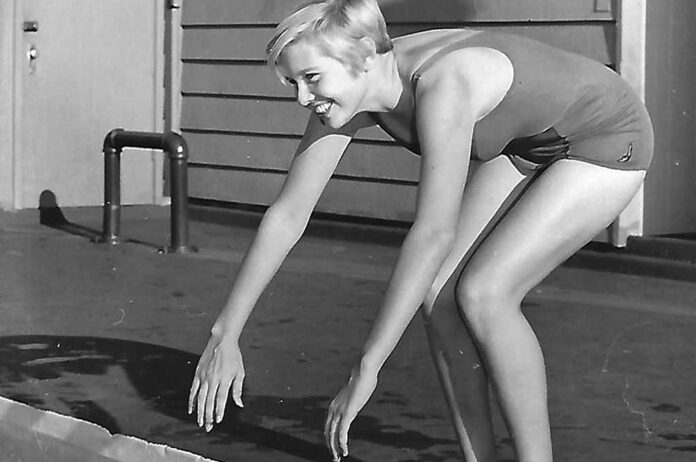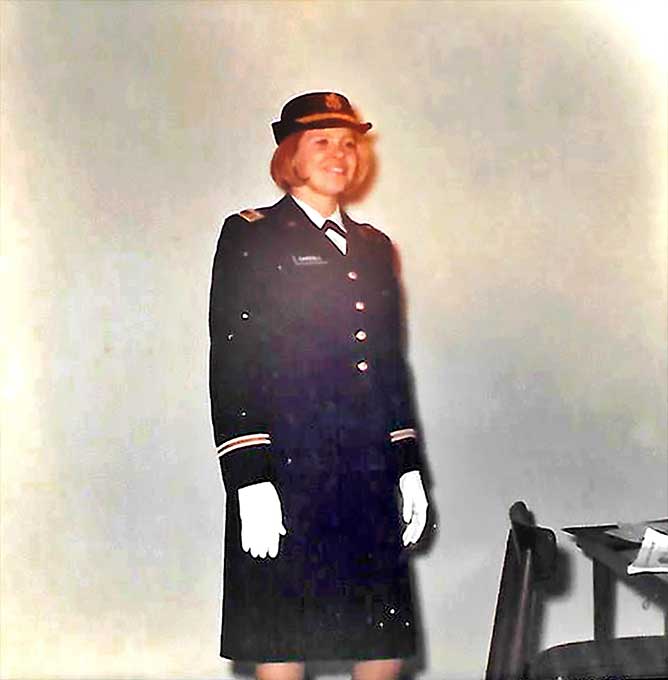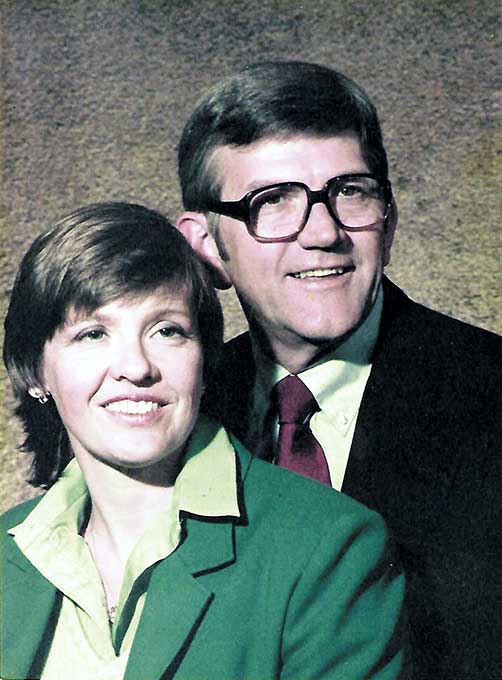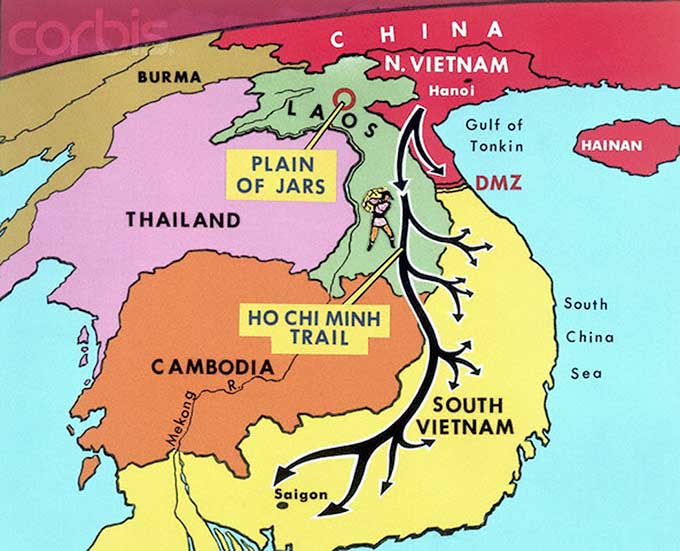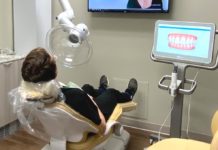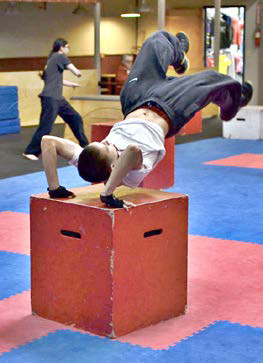First of Two Parts
Long time Tualatin resident, Pat Carroll, is a delightful fun-loving bundle of energy. Her humor and quick positive thinking brightens up the day for most everyone she encounters; and was especially appreciated when serving as an Army nurse in combat areas in Vietnam War. She explains that she went to Vietnam because she ran out of money while in nursing school. The Army paid for her last year so she had to pay the Army back by serving two years as an Army nurse. She thought military service would be okay because she was an Army “brat”; growing up while both her parents were in the military; her father was still an officer in the Army Corps of Engineers. She was not impressed by authority or senior officers. She wasn’t disrespectable but felt free to openly share her humorous observations
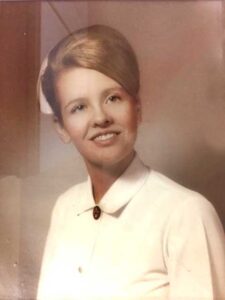
A college classmate who Pat has kept in touch with over the years, Teddie, entered the Army with her after graduation. At Medical Corps basic training, Pat said “most of us were not gung-ho Army”. Her worst course was weapons training. She said her instructor told her “Lieutenant, if you have to shoot anybody, turn your gun around and throw it at them because you can’t hit anything.” They nursed at Walter Reed hospital in Washington, D.C. and then served together at their first Vietnam duty station, 17th Field Unit Hospital in (Qui Nhon), near Saigon. She said she read all she could about Vietnam before arriving to find out why we were there. “I could never figure that out except that the French had been there a long time and hadn’t done well. The protests in our country hadn’t started yet.” Almost all new nurses did a one-year Vietnam tour. Early outs were given to those who less than 90 days remaining on their contract. So Pat and Teddie volunteered for Vietnam from Walter Reed; enabling them to be released 72 days early from their two year contracts. Pat and Teddie were very noticeable. When off base, they often would be surrounded by curious children who had never seen blue-eyed blonde-haired women with round eyes. The troops were generally protective of the women, acting like big brothers. Pat and Teddie did a lot of listening as home sick guys talked about their families, girlfriends, buddies and activities.
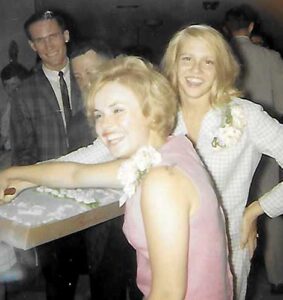
In Cho Lon, Pat and Teddie worked in a “med surg ward” which had cardiac patients and over flows from post-op surgeries. Normally jovial, there was one group she was “really angry with”, guys with venereal diseases. Her anger was directed to the process of setting up the penicillin, resulting with the medicine on the ceiling and all over her. She was very professional. Soldiers would praise her, “Oh, you gave me the best shot” but internally, she was tired and upset. The Tet Offensive brought the War directly to Saigon. There was concern that her hospital would be overrun and that the Viet Cong would do terrible things to the female nurses. Her corpsman volunteered to shoot her to save her from a” fate worse than death”. Pat told him that she didn’t want to be shot – that the “Viet Cong would be after medical supplies and would not want to take a troublesome woman with them.” The hospital had an elevator. “If need be, I’ll go into the elevator and stop it between floors after we get the patients taken care of but don’t shoot me.”
Pat and Teddie had a Vietnamese maid service person who went to her village when Tet started. When she returned, Pat asked what is happening around us. She responded, “when Tet start, South Vietnamese troops come – take all food we have. When NVA come, ask for what needed. If don’t have, no bother us”. Pat explained that was great Public Relations; Pro-South Vietnamese began to rethink their sympathies. Pat said she learned how the Tet Offensive was such a big surprise to us, how all that weaponry got into South Vietnam without our knowledge.” Significant military equipment and supplies came into South Vietnam, piece meal, on the Ho Chi Minh Trail. The OPB Ken Burns series on Vietnam shows film of VC coming down trails, with branches on their back so not seen by air. Not many in this country can understand that process, that planning, that slow pace, and that determination. We like to put an operation together and go blow something up.” Saigon became dangerous after Tet so the hospital was closed. Pat was sent to an evacuation hospital near the Cambodian border and Teddie went South.

